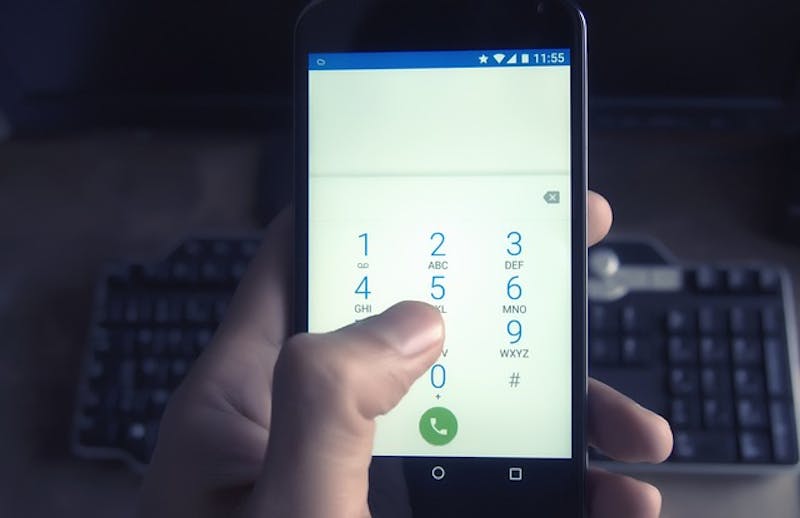
A few weeks ago we discussed how important a good’s night sleep is to reaching your weight loss goals. In today’s modern lifestyle, getting a good night’s sleep is getting more and more difficult to come by. There are several reasons for this—high stress levels, too much technology, etc., but today we’re going to focus on light. Yes, you heard that right. The light you’re surrounded by—from electronics and lamps in your house—has an enormous impact on how well you’re sleeping.
When you’re exposed to too much light at night—and not enough during the day—it disrupts your sleep patterns, making it more difficult for you to nod off when the time comes. We’ll explain exactly how this happens and what you can do about it to make sure you’re getting those 7 to 9 hours per night.
Your Circadian Rhythm
Your circadian rhythm is an internal process that controls certain physical, mental, and behavioral changes. It follows a 24-hour cycle that responds primarily to light and darkness in your environment. Your natural sleep cycle relies on the proper functioning on this circadian rhythm.
Before modern technology came into play, the rise of the sun, and the resulting daylight, signaled your body that it was time to wake up. The setting of the sun, and the resulting darkness, signaled your body that it was time to go to sleep.
Nowadays, we have lamps, nightlights, cell phones, computers, tablets, and televisions. All these things emit a bright and very unnatural light. This light interferes with your circadian rhythm and sleep patterns by disrupting the release of melatonin.
What is Melatonin?
The rising and setting of the sun told your body whether it was time to wake up or go to sleep through the action of melatonin, which is often called “the sleep hormone”. When melatonin levels rise, it sends signals to your body that it’s time to go to sleep. Drops in melatonin tell your body that it’s time to wake up.
Melatonin is highly sensitive and the presence of bright light, especially the blue light emitted by light bulbs and electronics, disrupts its natural rhythm. When you’re on the computer late into the night or watching TV in bed, the release of melatonin gets delayed and, as a result, you may have difficulty falling asleep.
So, What Can You Do?
In a perfect world, you would hit the sack as soon as the sun goes down and get out of bed at the crack of dawn, but in today’s world, that’s probably not going to happen. Instead, you can follow a few tips to get enough light during the day and minimize the impact of light on your sleep rhythms and get the good night’s sleep your body needs.
- Go outside more. The goal is to get at least one hour of sunlight every day. The exposure to this bright, natural light helps regulate your circadian rhythm and can help reduce the impact that nighttime exposure to bright light has on your sleep patterns.
- Use technology wisely. It’s best to shut off all electronics at least one hour before you go to bed and keep all technology, including your cell phone, out of your bedroom. Get in the habit of reading near a soft light or spending some quiet time meditating before bed.
- Consider adding an app like f.lux to your computer and tablets. F.lux is an app that masks the blue light emitted from these electronics. It gives the light more of an amber glow, which is more natural for the nighttime, which brings us to our next point.
- Use only amber lights at nighttime. Amber lights filter out blue and white light, which are the brightest, most stimulating colors on the light spectrum. When you use amber-toned lights, your body produces melatonin, making disruptions in your circadian rhythm less likely. You can also purchase amber colored glasses (also called “blue light blocking glasses”) inexpensively that you can wear at night while looking at electronics.

